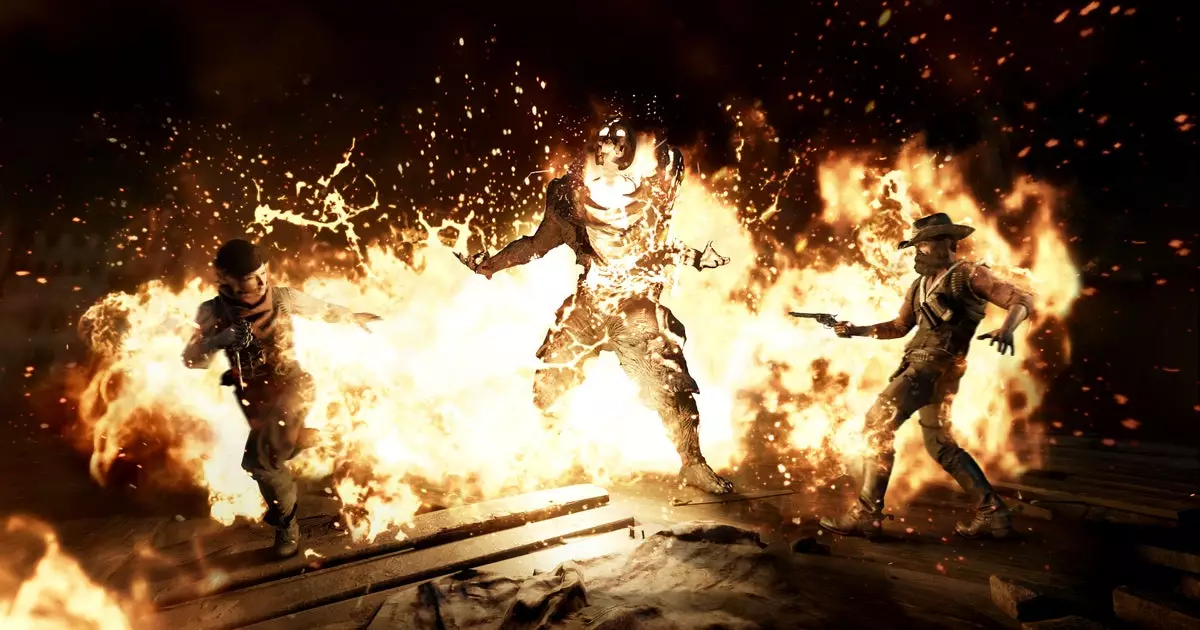Crytek, the studio renowned for its groundbreaking franchises such as Crysis and Hunt: Showdown, is grappling with significant internal challenges. Recent reports indicate that the developer is set to lay off approximately 15 percent of its workforce, amounting to around 60 employees out of 400. This decision, attributed to purported “complex, unfavorable market dynamics,” signals a troubling trend within the gaming industry that has left many studios reeling since the onset of the global pandemic and subsequent economic disruptions.
Laid-off employees are not merely statistics; they encompass the collective efforts, creativity, and dedication of individuals who contribute to game development. Crytek’s announcement suggests that the layoffs extend beyond mere numbers, affecting not just development teams but also shared services that are integral to the company’s operations. The emotional toll of such decisions cannot be overstated, as the management expressed their regret, acknowledging the hard work of their talented staff. Nevertheless, the harsh economic realities necessitate drastic measures, as Crytek prioritizes financial sustainability above all.
While Crytek’s statement references “complex, unfavorable market dynamics,” it refrains from offering specific insights into the factors at play. This vagueness prompts speculation regarding the gaming industry’s economic climate. The rise of inflated expectations post-pandemic, coupled with shifting consumer behaviors, has created an unpredictable marketplace. Additionally, the growing adoption of technologies like virtual reality (VR) could have led to miscalculated investments. It is evident that the landscape continues to evolve, yet many studios, including Crytek, may have expanded too hastily in anticipation of sustained growth.
The abrupt pausing of development on Crysis 4 further accentuates the uncertainty surrounding Crytek’s future projects. Initially announced in 2022, the game has faced minimal updates since, leaving fans speculating about its viability. With talented developers reassigned to bolster Hunt: Showdown’s live service reboot—dubbed Hunt: Showdown 1896—questions linger about the direction and scope of Crysis 4. The disparity between fan expectations and corporate decisions creates a palpable tension that may hinder the franchise’s long-term success.
Despite some signs of growth stemming from Hunt: Showdown, the game’s performance seems to fall short of blockbuster titles, such as Grand Theft Auto V. While the player base surged to approximately 60,000 concurrent users following the recent update, this upswing raises questions about its sustainability. The game has carved a niche within the competitive landscape, yet it does not appear poised to deliver the revenue required to support Crytek’s broader ambitions. The studio’s strategic pivot towards Hunt: Showdown reflects a desperate need to regain momentum, but it carries inherent risks associated with reliance on a single title.
In light of these challenges, Crytek’s future hinges on a delicate balancing act of innovation and cost management. With offers of severance packages and career assistance for affected employees, Crytek seems to recognize the weight of their decisions. However, the lingering question remains: Can the company realign itself to weather the current market conditions and rebuild its reputation?
The industry as a whole faces mounting obstacles, and the struggle is palpable for developers across the board. Crytek’s case serves as a reflection of broader trends steering the gaming landscape, revealing that even established companies are not immune to economic upheavals. As Crytek navigates these turbulent waters, it calls upon the resilience of its workforce and the loyalty of its fanbase to aspire toward a more sustainable future.
The layoffs at Crytek are a stark reminder of the precarious state of the gaming industry. With changes looming and the effects of previous overextensions taking their toll, it raises an essential conversation around innovation, sustainability, and accountability within game development. Only time will tell whether Crytek can transform this challenging moment into an opportunity for rejuvenation, thereby reclaiming its status at the forefront of gaming innovation.


Leave a Reply